Table of contents
Key Takeaways
Have you been told to surrender your desire to become a Mom? That because you have Polycystic Ovary Syndrome, or endometriosis, or both, this impossible dream should be shelved? Even to “just move on with your life”?
These heartbreaking comments are, in truth, usually false. Gut wrenching and flawed notions based on a lack of knowledge and understanding. The research shows this is simply untrue. Many women with these conditions experience no trouble conceiving and birth beautiful babies. But, even when infertility is present, there is hope. There are steps you can take.
But before we expand on simple, effective ways to boost your fertility, let’s look at the statistics. While they are confronting, remember that we and other experts in this field have helped thousands of women to become Moms. The stats are simply to let you know why some people (falsely) believe pregnancy isn’t possible.
PCOS and Endometriosis: the infertility stats
Polycystic ovary syndrome (PCOS) is the major cause of anovulatory infertility; infertility that results from the lack of production of an egg. This syndrome also increases the risk of miscarriage. The high testosterone level and metabolic syndrome — a cause of obesity and insulin resistance — that are typical in PCOS can make conception more difficult. Not impossible!
Endometriosis likewise reduces fertility, with an estimated 30 - 50% of effected women facing infertility. But as with PCOS, many women with “endo” become Moms to bouncing babies.
PCOS and endometriosis do not rule out motherhood. Instead, they signal that early professional intervention should be a priority. The first line, safest therapeutic recommendations should include lifestyle and nutritional approaches as they are, oftentimes, effective for both conditions.
With that said, let’s dive deeper.
The lifestyle and nutritional approaches that boost fertility in PCOS and endometriosis
How can you boost your fertility when you have one or both of these diagnoses?
There are three foundational steps: the Mediterranean diet, achieving a healthy weight, and managing stress.
The Mediterranean Diet
Nutrients and real foods have been used to promote fertility for eons. Scientific proof is simply catching up with older wisdom. We see this with the Mediterranean diet.
Inspired by the cuisines of traditional Mediterranean peoples, this was of eating contains:
- fruit
- dairy
- oily fish
- poultry
- unrefined carbohydrates
- pulses, and
- abundant vegetables
Foods that are rich in vitamins, minerals, and plant chemicals and low in fertility-sapping compounds like trans fats and sugar. Consumption of red meat and simple sugars are limited.
Research also shows that low glycemic index (GI) and high-fiber foods — like those found in the Mediterranean diet — enhance fertility. The opposite is also true.
Consuming refined sugar can increase insulin resistance, inflammation, and androgenic (thought of as “male”) hormones in women; each of which can alter hormonal balance, hamper ovulation, and lower fertility.
Far better to stick with whole foods — the foods your great grandparents would have enjoyed — than eat many of the modern foods and beverages of convenience.
Aim for a healthy weight
A stable healthy weight is important for wellbeing. It’s also ideal for conception and a well pregnancy… Particularly in those with endometriosis and PCOS.
While the risk of endometriosis appears lower in women who are overweight, obesity is linked to severe forms of the disease. Extensive endometriosis can maim fertility. While still early days, research hints that endometriosis may be a result of metabolic dysfunction. Just as it is in PCOS.
Polycystic Ovary Syndrome has known ties to metabolic abnormalities and an associated drop in fertility. That’s why shedding excess weight matters in the baby stakes. As an article published on the National Institutes of Health website said:
Women who were treated with clomiphene alone had an ovulation rate of 44.7 percent and a live birth rate of 10.2 percent. The women who received clomiphene after the weight loss program had a 62 percent ovulation rate and a 25 percent live birth rate.
Reducing excess body weight triggered a staggering jump in ovulation rate and, importantly, in the birthing of healthy babies.
Being at a healthy weight also reduces the risk of pregnancy complications like gestational diabetes, preeclampsia, and intrauterine death.
The key? Achieve a healthy weight before conception.
Manage your stress
Infertility can be emotionally and physically taxing to say the least. There is good reason it’s referred to as the silent struggle. As stress builds it creates a vicious cycle, making it more difficult to remain happy and to cope. Know that if you feel this way — stressed — you are not alone.
Wonderfully, stress management may benefit your mental wellbeing and increase your ability to conceive. As the author of the article, The relationship between stress and infertility, pointed out, psychological therapy both decreases distress and increases pregnancy rates.
Tip: moderate exercise is wonderful for improving metabolic function, reducing excess body weight, and calming tension. But don’t overdo it. Regular intensive physical activity can interfere with a regular menstrual cycle.
The Takeaway
The answer to the question “Is pregnancy possible when you have PCOS and endometriosis?” is absolutely yes; for most women.
By focusing on approaches that are scientifically proven to boost fertility, miracles can happen…including in these two common conditions. This means the comments you may have heard that motherhood as an impossible dream are flawed and likely false. There is hope. There is help available.
Looking for an all-natural way to combat fertility and manage PCOS symptoms? Check out our products page. Elan Healthcare is an all-natural supplement brand focusing on men's and women's fertility and sexual health.



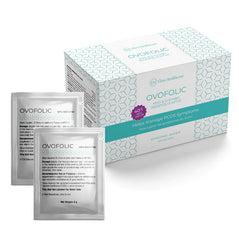

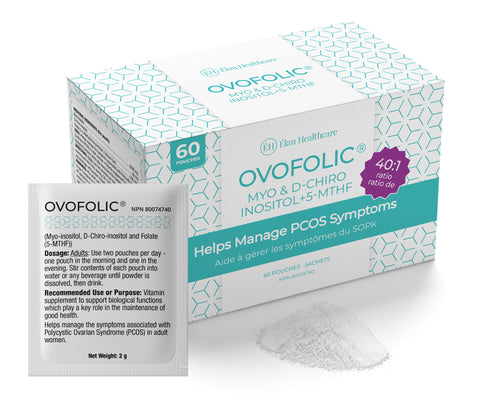
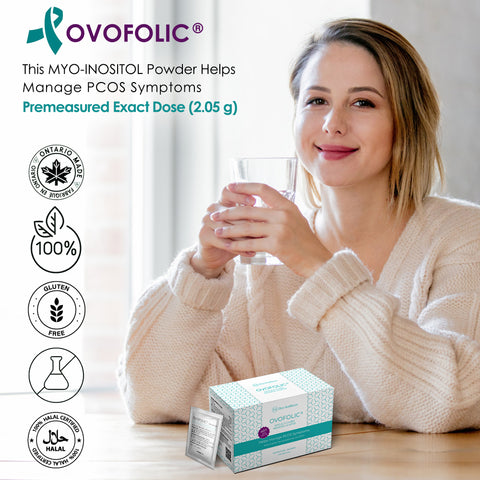
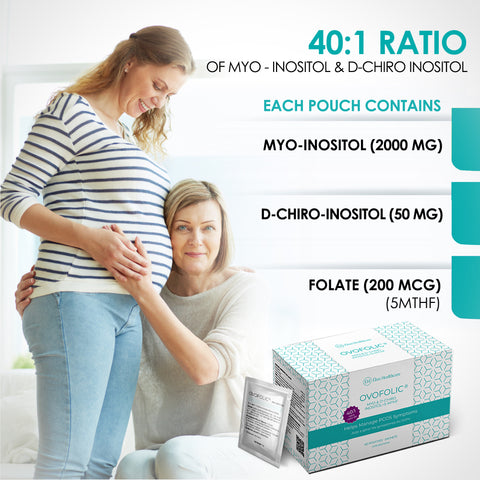
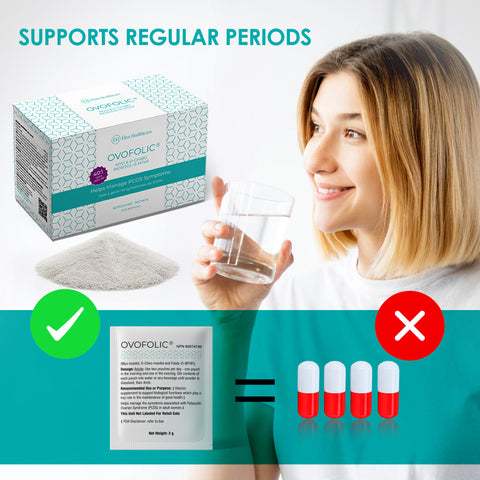
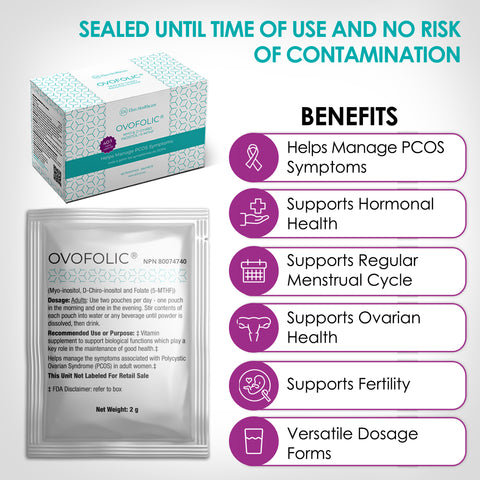
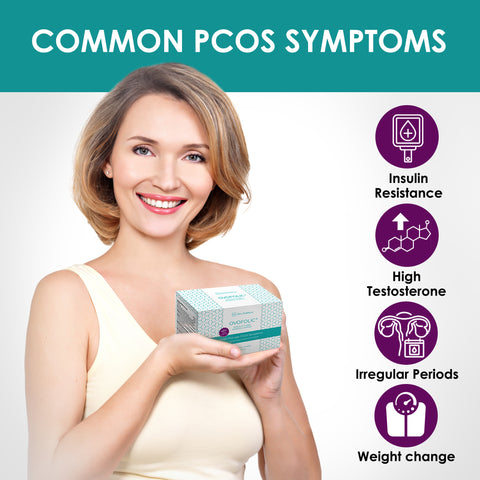
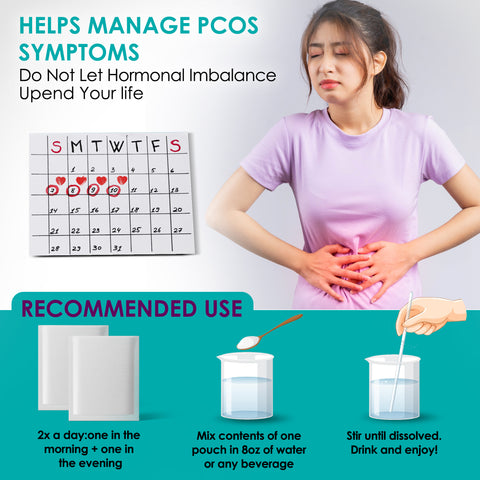
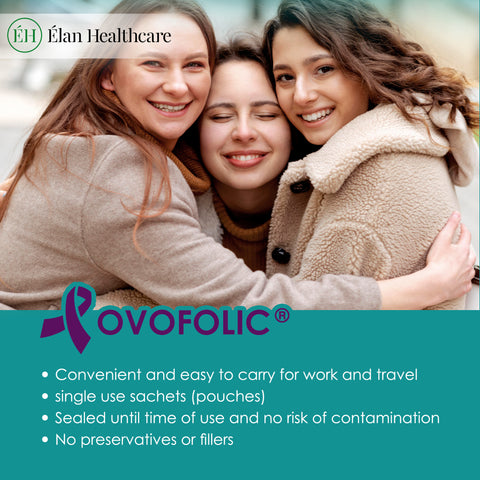
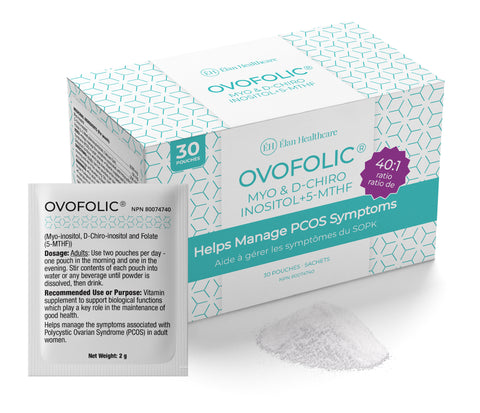

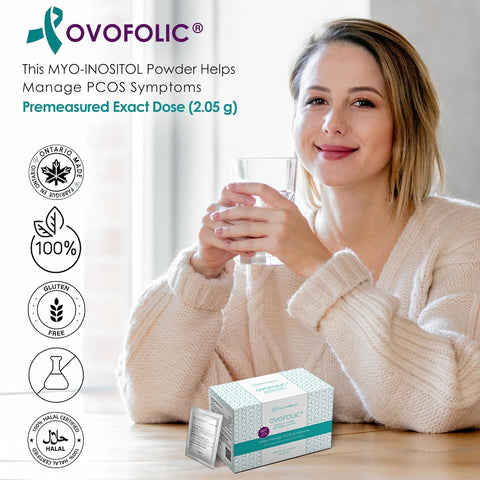
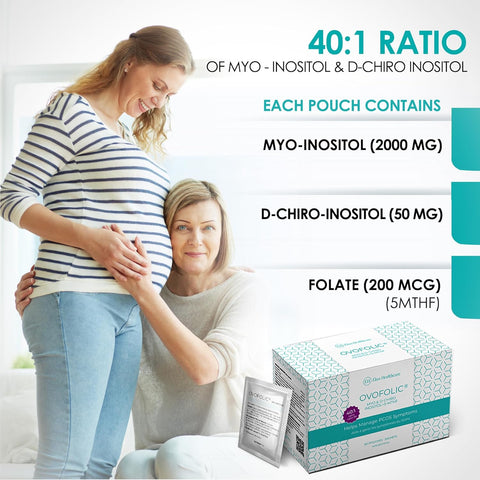
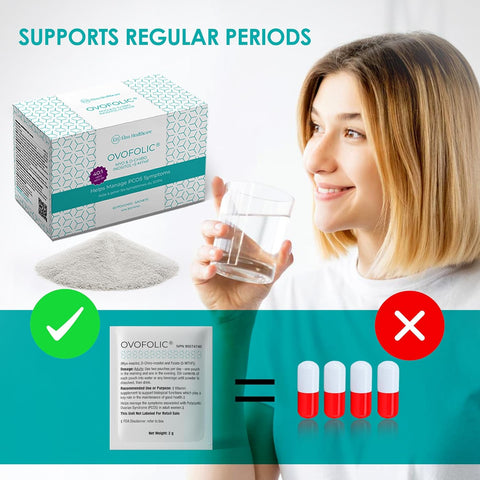
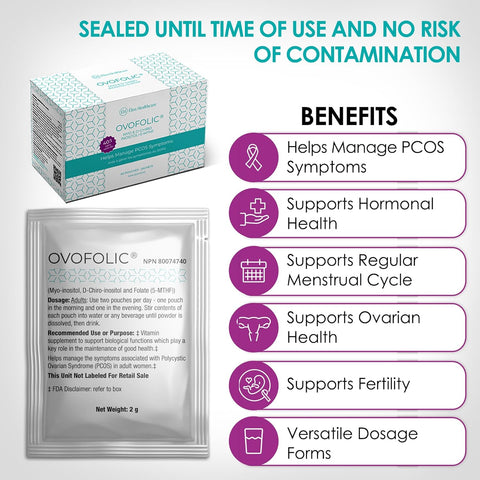
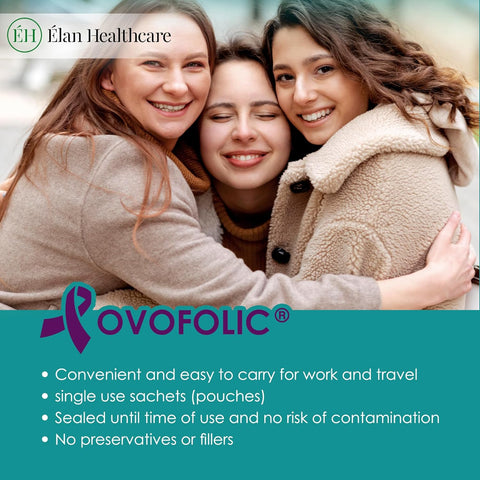
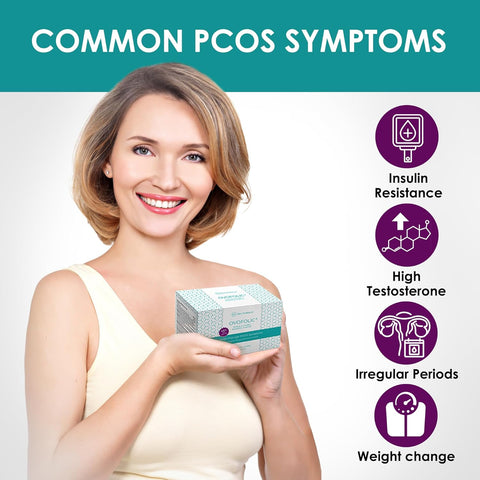
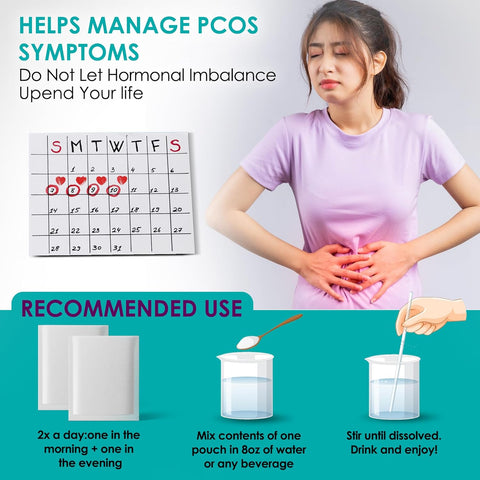









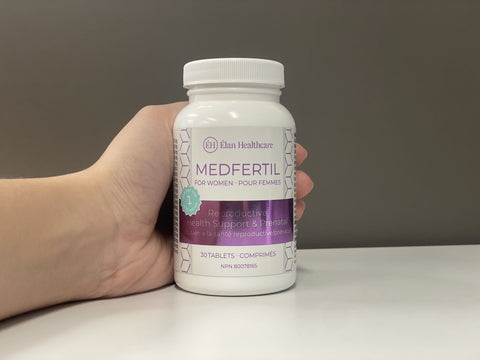

No comments yet.
There are no comments for this article. Be the first one to leave a message!
+ Open to leave a Comment